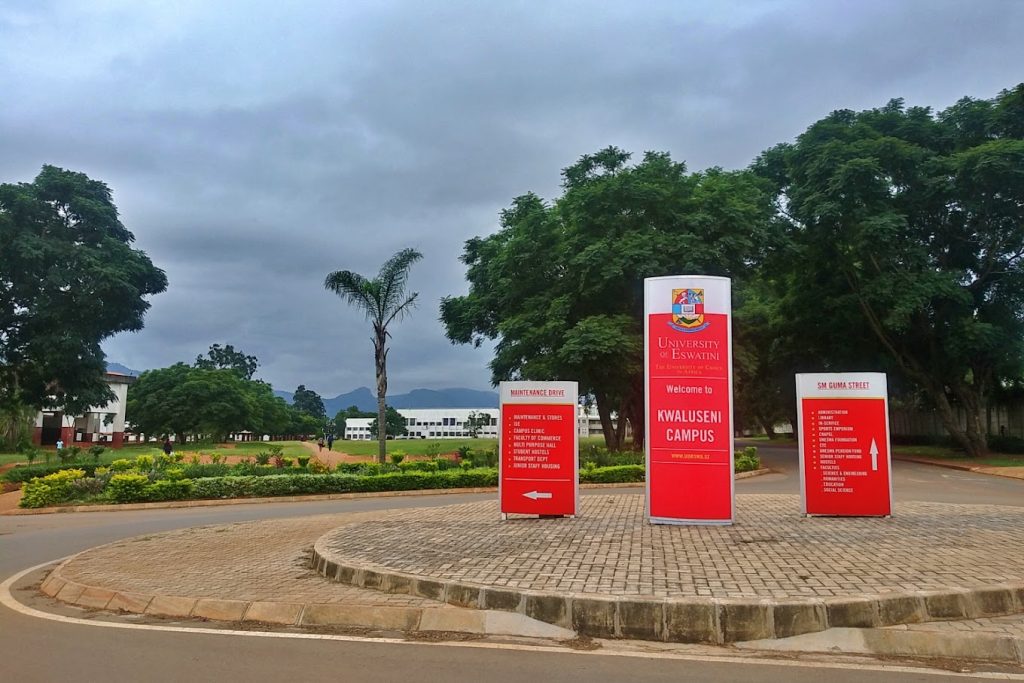By Ncaba Ntshakala
It is not our fault! Those were the sentiments of the Ministry of Labour and Social Security on the issues surrounding the delays in disbursement of student’s allowances.
This is contained in the Ministry’s Second Quarter Performance Report for the 2024/25 financial year, which sheds more light on the persistent delays in paying student allowances, a challenge that has repeatedly disrupted the higher education sector in Eswatini.
Recently, the University of Eswatini (UNESWA) was closed indefinitely due to student protests over their allowances. The University opened recently.
RELATED: Eswatini signs pledge to improve labour market
Other institutions that faced the same were the Southern African Nazarene University (SANU) and William Pitcher College.
The Ministry in the second quarter report saw if fit to finally address and explain the root causes behind these delays, which have continuously sparked unrest among tertiary institution students and drawn public scrutiny.
One of the key contributors to the delays is registration challenges. The Ministry asserts that students must complete their registration with their respective tertiary institutions before allowances can be processed.
However, registration processes are frequently delayed for several reasons, particularly for ongoing students.
Some students owe outstanding fees to their institutions, especially those who were self-funded before being awarded scholarships. These students are often blocked from registering until they clear their debts.
Additionally, students who have failed modules and must either retake them as supplementary subjects or carry them over to the next semester are required to self-finance these courses.
As scholarships do not cover failed or repeated modules, these students face registration barriers until the necessary payments are made.
Invoicing further complicates the timely disbursement of allowances according to the Ministry. After registration, institutions must prepare and submit comprehensive invoices to the Ministry.
However, since not all students register at the same time, the submitted invoices are often incomplete.
While the Ministry processes these incomplete invoices to ensure that allowances for registered students are paid without delay, this practice disrupts collaboration with key stakeholders in the payment process.
Despite these obstacles, the Ministry continues to rely on cooperation and support from its partners to navigate these challenges.
RELATED: Eswatini’s coin recirculation solution gains global recognition
Moreover, the creation of records for new students has also proven problematic due to incomplete file documentation.
To establish a student record, the Ministry requires a host of documents, including birth certificates, death certificates (where applicable), personal identification documents, admission letters, high school leaving certificates, police clearance, and bank statements.
Many students fail to provide all the necessary documents, citing reasons such as lost or inaccessible files.
These gaps delay the capturing of student information and, subsequently, the payment of allowances until all required documents are submitted.
Another recurring issue is the unauthorized change of study programmes by students. Some students switch their programmes mid-year without prior approval from the Ministry.
These changes often go undetected until a new academic year begins, at which point the students are blocked from registering and receiving allowances.
Without the issuance of a new award letter reflecting their updated programme, students cannot be included in institutional invoices, leading to further delays in allowance disbursements.
Furthermore, inactive student bank accounts also pose a significant challenge for the Ministry. It stated that student allowances are disbursed over a 10-month academic year, during which time bank accounts must remain active.
However, when allowances are not paid outside this period, some accounts become dormant. When a new academic year begins, and payments resume, the funds often bounce back due to the inactive accounts.
The process of reversing these transactions and restarting payments is both lengthy and complex, contributing to the delays.
The Ministry in the report highlighted that it strives to pay allowances promptly, processing invoices as they are received.
Nonetheless, public disturbances persist, often fuelled by students advocating for their peers who have not received allowances.
These protests frequently disregard the underlying causes of delays and the procedural requirements necessary for disbursement.
It further emphasized its dedication to addressing these challenges and working collaboratively with tertiary institutions, students, and other stakeholders to streamline processes.
